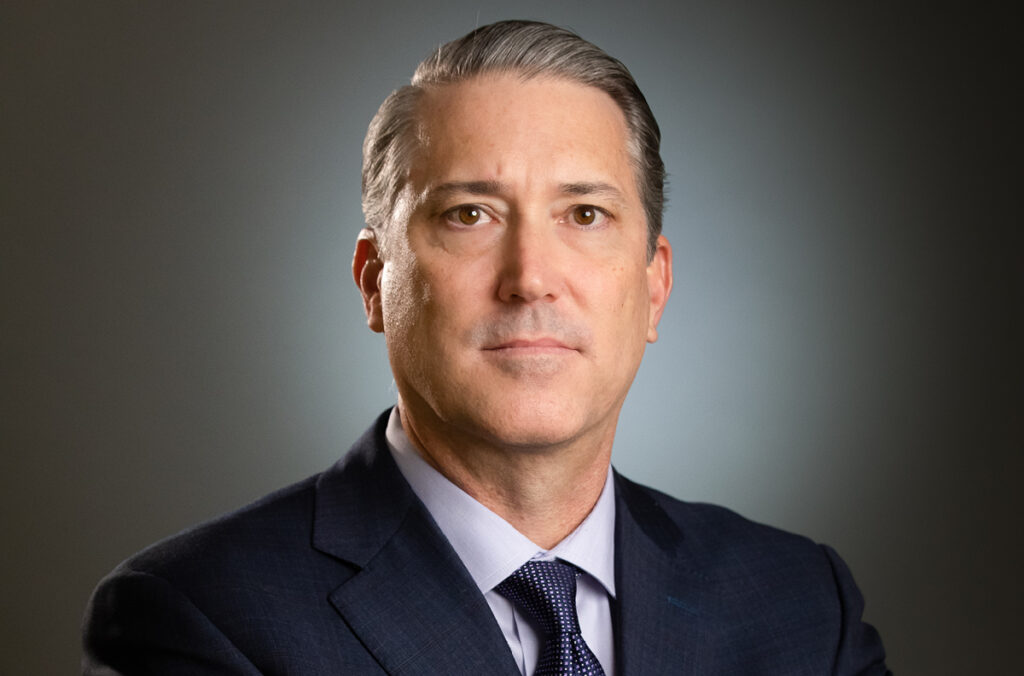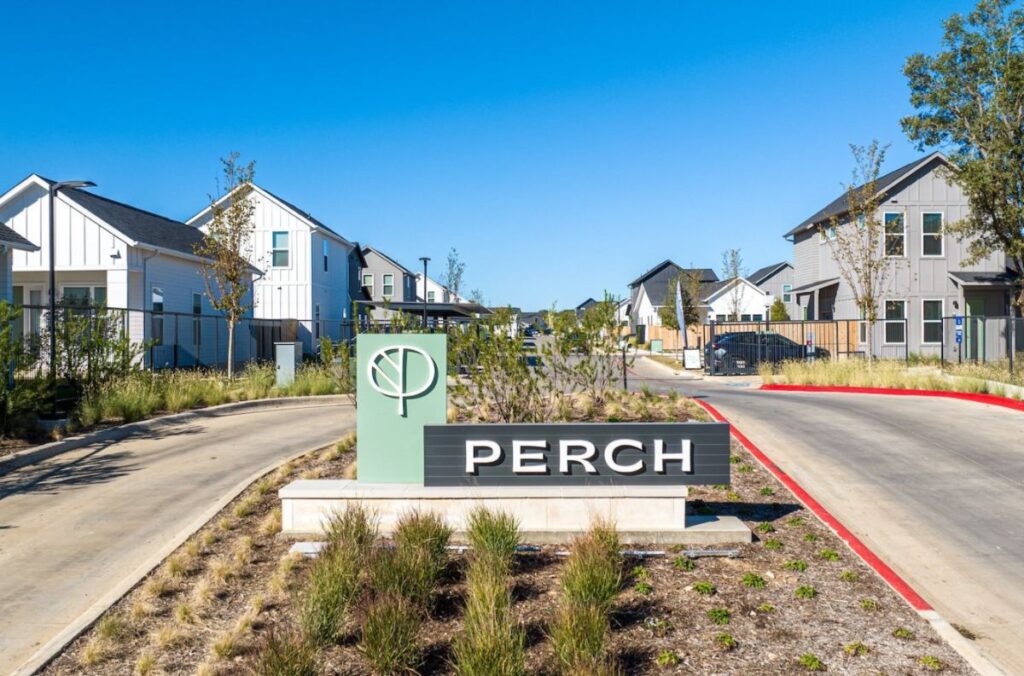The DI Wire Q&A with Louis Rogers, Founder and CEO of Capital Square
May 11, 2020
The DI Wire had a chance to sit down with Louis Rogers, founder and chief executive officer of Capital Square, a sponsor of tax-advantaged real estate investments including Delaware statutory trust offerings, to discuss the challenging economic environment precipitated by the coronavirus pandemic.
In your opinion, what is the strongest asset class in the current economic market created by the COVID-19 pandemic and why?
The multifamily asset class has fared very well during the COVID-19 pandemic. Why did housing fare so well during such an unprecedented time? Housing is an essential necessity of life; it is not discretionary – you must have a roof over your head. Going to a mall to shop is a choice, as is going to the gym or staying in a hotel but having a place to live is not a choice.
There are massive structural changes occurring in the economy, and no one knows exactly what the world will look like after the COVID-19 pandemic or how consumer behavior will change. One thing we know for certain is that people will still need a place to live. As a result, the best performing assets are a necessity of life, rather than something discretionary.
Malls, gyms and hotels are all largely closed, but apartment buildings are essential and open for business. They’re signing new leases, renewing existing ones, executing capital projects, and making sure that residents are safe with a roof over their heads.
Approximately 58 million people live in over 3 million apartment communities across the nation, according to the National Multifamily Housing Council. With population and immigration, that means well over 58 million people need housing at all times. So, whether we are in normal times or an unprecedented pandemic, housing is a necessity, unlike discretionary real estate that simply can be eliminated.
Capital Square focuses on multifamily properties for the Delaware statutory trust/Section 1031 exchange program, with 6,595 apartment units in 28 communities across the nation. In April, approximately 97 percent of total rent was collected on Capital Square’s multifamily portfolio. That is a good month for rent collections, which did not change last month due to the pandemic. Why? Because housing is a necessity.
May and June are expected to be more challenging for the multifamily sector in general. However, unlike commercial properties, residential tenant payment risk is spread across hundreds of individuals, rather than a single or small number of business tenants.
How has history fared for this property type during past economic crises?
During the Great Recession, owners of multifamily properties were able to maintain apartment occupancy and profitability by offering concessions to tenants. Coming out of the Great Recession, multifamily properties performed extremely well when rents increased as the economy recovered.
A structural shift has rippled through the economy following the recession from a greater pool of renters who do not want to own a home. We are seeing millennial tenants delaying first-home purchases, and “empty nesters” no longer wanting to own a home. This shift helped the multifamily sector recover quickly and has contributed to its sustained growth. Even before the COVID-19 pandemic, there was a shortage of housing in the United States; this is only being exacerbated by a delay in new construction starts due to pandemic-driven illiquidity in the construction financing markets.
In particular, Class B apartments did extremely well both during and after the Great Recession. Since Class B apartments have much lower rents, they have a substantial advantage over more costly Class A apartments. History has shown that in a recession, renters will trade down to a less costly Class B apartment, helping to ensure high occupancy of B apartments in challenging times and in good times.
As the economy improved after the Great Recession, apartment owners were able to organically increase rents, which increased the value of the properties. As wages recovered, Class B apartment owners also were able to implement value-add strategies to help bridge the rental gap between more amenities-rich Class A communities and the more affordable Class B properties. This strategy allowed Class B owners to charge significantly more rent as a result of these improvements, which created momentous value for the investors in those assets. That is Capital Square’s Class B value add apartment strategy for the 1031 exchange/DST program.
In the current market, what property qualities do you look for?
Capital Square seeks well-occupied and established multifamily communities in growing Southeast markets where there is relatively little (or no) new apartment construction forecasted. The focus is on Class B/B+ properties where the major upgrades have been completed (a DST is not permitted to make substantial capital improvements) and additional value can be added from improvements that drive rent increases over the holding period.
These properties have greater upside potential because they can be updated to better compete with newer properties and, with rental rates in the middle of the market, there is a deeper renter pool to maintain strong occupancy. These properties are underwritten to produce stable cash flow with capital appreciation from both organic and special rental increases associated with the value-add strategy.
How is the 1031 exchange industry faring during the pandemic?
Sponsors of 1031 exchange/DST programs have done an excellent job communicating with their investors on the impacts of the pandemic. Most sponsors have marshalled their assets and, where necessary, made the difficult decision to reduce investor distributions to fortify cash reserves to protect and preserve properties. The DST space is a welcome safe haven for first time exchange investors who are unable to buy their own replacement properties in this current climate.
There are always winners and losers in a crisis. Which real estate asset classes are the winners and losers in the COVID-19 pandemic and how do you see it emerging once the lockdowns begin lifting?
Some asset classes have done extremely well and others have been hit hard by the pandemic and may not recover. Multifamily, medical and essential retail (for example, food, drug and dollar stores) have fared the best. Other asset classes, including student housing, non-essential retail, and hospitality, have struggled due to state-imposed shutdowns that make it illegal to use the facilities. Tenants unable to use facilities are unlikely to pay their rent, leading to defaults on leases and possibly loan defaults when there is insufficient income to pay the mortgage.
Other asset classes have unique attributes. For example, student housing has a very short, spring leasing season. It appears that students and parents are reluctant to sign new leases for the next academic year, which does not bode well for the asset class.
To read the full Q&A, click here.


